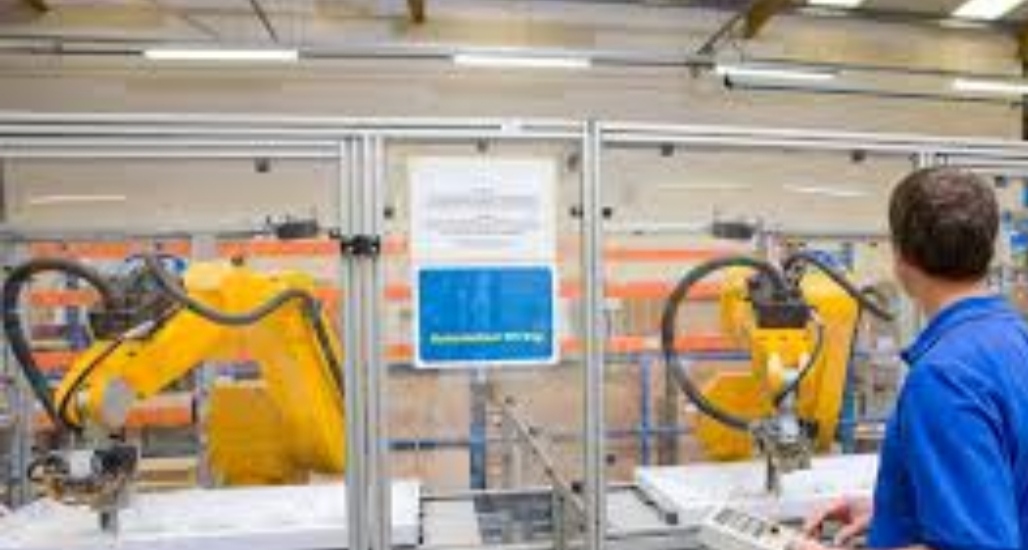The evolving job market is characterized by a delicate balance between job growth and automation. As technology advances, automation becomes more prevalent, raising concerns about its impact on employment. However, it’s essential to recognize that adaptation and strategic planning can mitigate these concerns.
Automation, driven by artificial intelligence and robotics, has the potential to streamline processes, increase efficiency, and reduce costs for businesses across various industries. While this can lead to job displacement in certain sectors, it also opens up new opportunities in others. To adapt to this evolving landscape, individuals and organizations must consider several key strategies.
Firstly, lifelong learning is crucial. Continuous skill development is essential to stay relevant in the job market. Workers should embrace opportunities for upskilling and reskilling to match the demands of emerging industries. Educational institutions and employers should collaborate to provide accessible training programs.
Secondly, governments play a vital role in shaping the future of work. They can implement policies that support workforce transition, such as unemployment benefits, wage subsidies, and incentives for companies to invest in training their employees. Additionally, they should encourage innovation and entrepreneurship to create new job opportunities.
Thirdly, businesses should adopt a forward-thinking approach. Rather than simply replacing human workers with machines, they should explore ways to augment human capabilities through technology. Collaborative robots and AI-powered tools can enhance productivity and create a hybrid workforce.
Fourthly, the gig economy and remote work are changing the nature of employment. Workers and employers should adapt to flexible work arrangements and harness technology to connect talent with job opportunities globally.
Lastly, a shift in societal mindset is necessary. We must value not only the quantity but also the quality of jobs. Focusing on job satisfaction, work-life balance, and well-being can lead to a more resilient workforce.
In conclusion, the evolving job market requires a proactive approach to balance job growth and automation. Lifelong learning, government policies, innovative business practices, flexible work arrangements, and a shift in societal values are all crucial elements in adapting to this dynamic landscape. By embracing change and embracing technology, we can ensure that the future of work remains promising and inclusive




